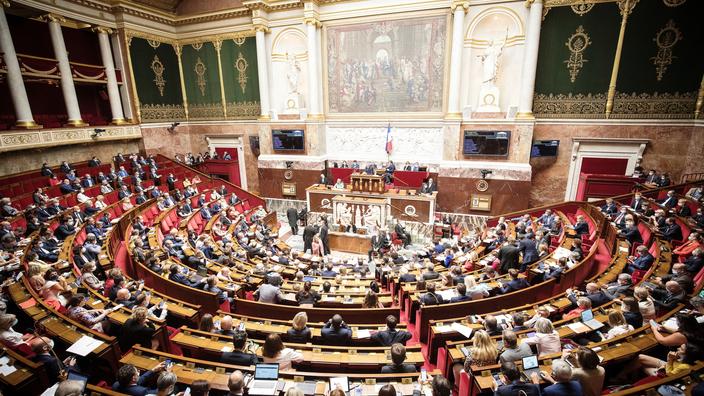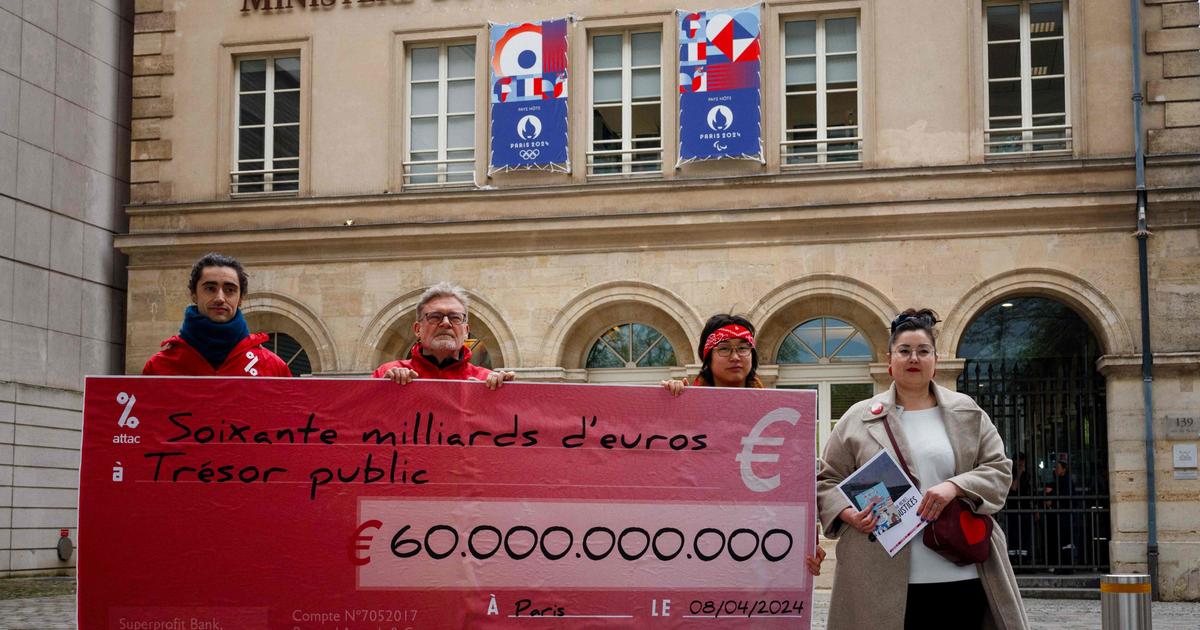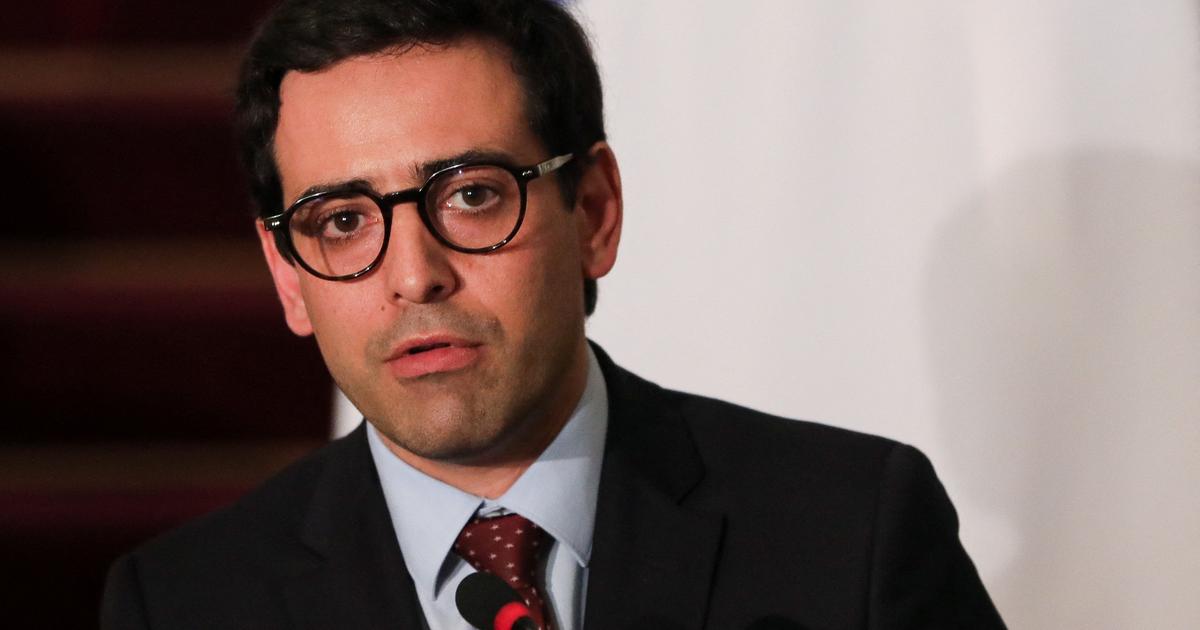“Simplify the life of crypto-asset holders and strengthen the attractiveness of this sector in France”.
This is the objective of the deputy of Paris, Pierre Person, by 2022. With the parliamentary groups LR and Agir, the young deputy of the République en Marche is at the initiative of a shower of amendments on taxation cryptoassets, adopted last week by the Palais Bourbon Finance Committee.
With the arrival in the National Assembly this Monday, October 11 of the Finance bill for 2022, Parliamentarians will debate the various amendments throughout the week.
Read alsoThe pressure is mounting around crypto platforms
In recent years, investments in crypto assets, such as bitcoin, have experienced tremendous growth around the world.
So much so that a good number of companies hold them today.
The sector is seeing the emergence of innovative companies.
In August, football star Lionel Messi, a new recruit from Paris Saint-Germain (PSG), for example, was allocated part of his salary in cryptocurrency.
In France, billions of euros are now held by citizens in crypto-assets such as bitcoin.
A tax regime similar to the Stock Exchange
In order to make Paris a prominent place for crypto-assets, the Finance Committee intends to change the French tax system. First, it wants crypto transactions to be subject, from January 2022, to the same regime as stock market transactions. It will essentially be a question of better distinguishing the incomes of the holders of cryptoassets which come under a
"professional activity",
from those of a
"non-professional activity"
. The first category resulting in a tax of 60%, while the individual could be subject to the single flat-rate deduction (PFU) of 30% (flat rate of 12.8% plus 17.2% social security contributions).
"This state of legislation is not satisfactory and leads many people to emigrate to escape uncertainty"
, specifies an amendment tabled by Les Républicains.
In the State, the tax code does not provide for any criteria allowing to qualify an activity as professional or non-professional. Only the concepts of
“usual”
or
“occasional” activity
are generally retained. A differentiation considered ambiguous, given that an individual can multiply buy and sell orders on these highly volatile assets without this being part of a professional activity. An amendment made by Pierre Person suggests clarifying these criteria. For example, a practice could be considered "
usual
" if its capital gains are greater than the other income of the tax household.
In addition, the Finance Committee also deemed the single flat-rate levy (PFU)
"penalizing"
for the most modest.
An amendment tabled by several LR deputies thus recommends allowing less affluent speculators to opt for the progressive scale of income tax in the context of gains made on digital assets.
A specific regime for NFTs
In the Chamber this week, MEPs will also assess the amendment tabled by Pierre Person on the tax framework for non-fungible tokens (NFT). Very fashionable in the art or sport market, NFTs represent a
“reliable and inviolable”
digital private property title
. For the moment, these legal UFOs are neither clearly defined by the law, nor by the jurisprudence in France.
Among the avenues under study, MEPs could exclude NFTs from the general regime for capital gains on the sale of digital assets, by creating a regime specific to non-fungible tokens. The latter could then be based on a taxation of NFTs according to their underlying asset, such as works of art, collectible cards, fashion accessories or even tweets. The objective is to better understand the valuation of NFTs and the calculation of the capital gains realized on these assets.
All over the world, the very rapid expansion of the crypto industry is currently pushing all countries to want to better regulate their legal and fiscal framework.
While China has simply decided to make any cryptocurrency transaction illegal, the United States is working on a new regulatory framework to regulate them.












/cloudfront-eu-central-1.images.arcpublishing.com/prisa/KMEYMJKESBAZBE4MRBAM4TGHIQ.jpg)


